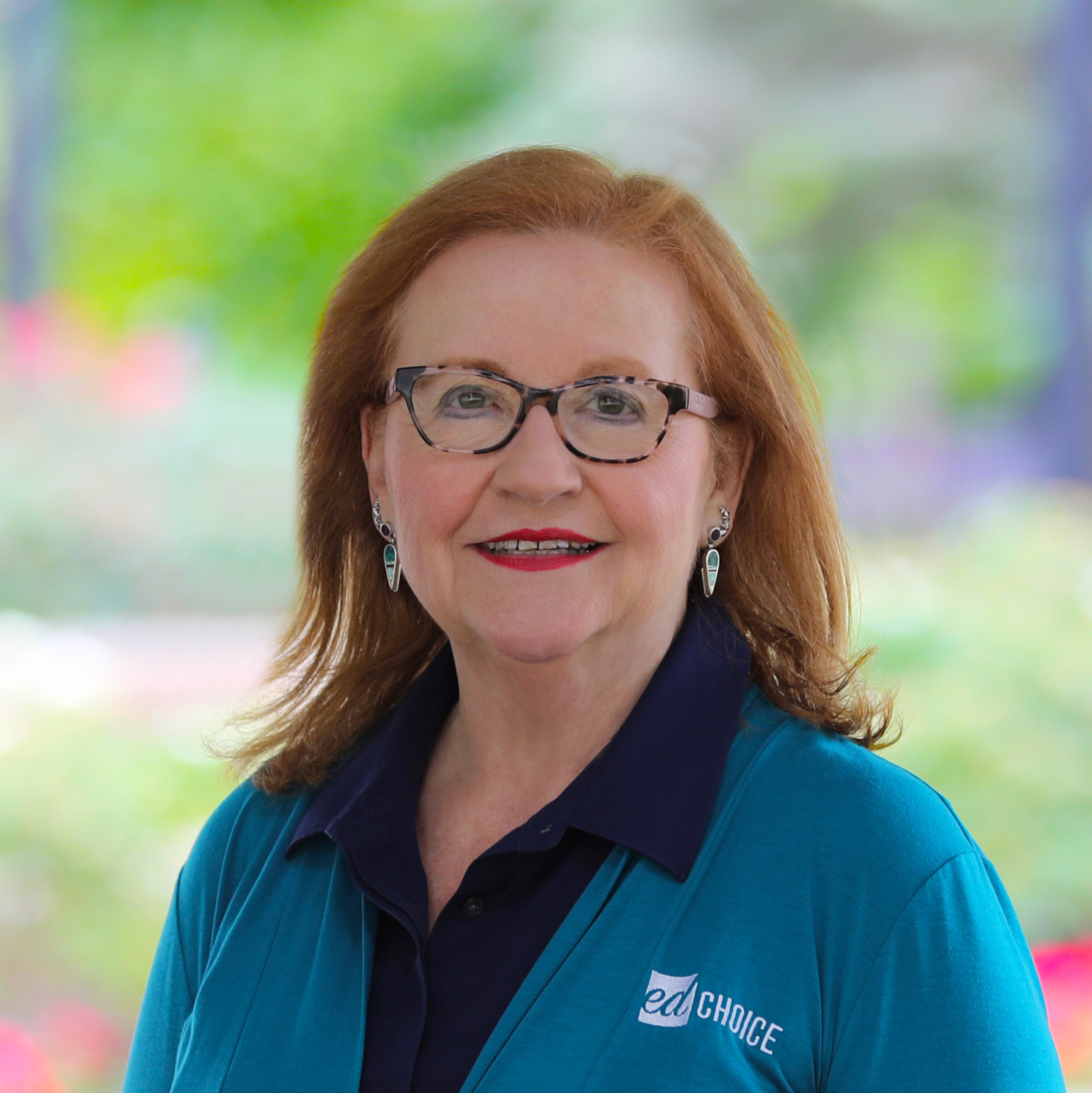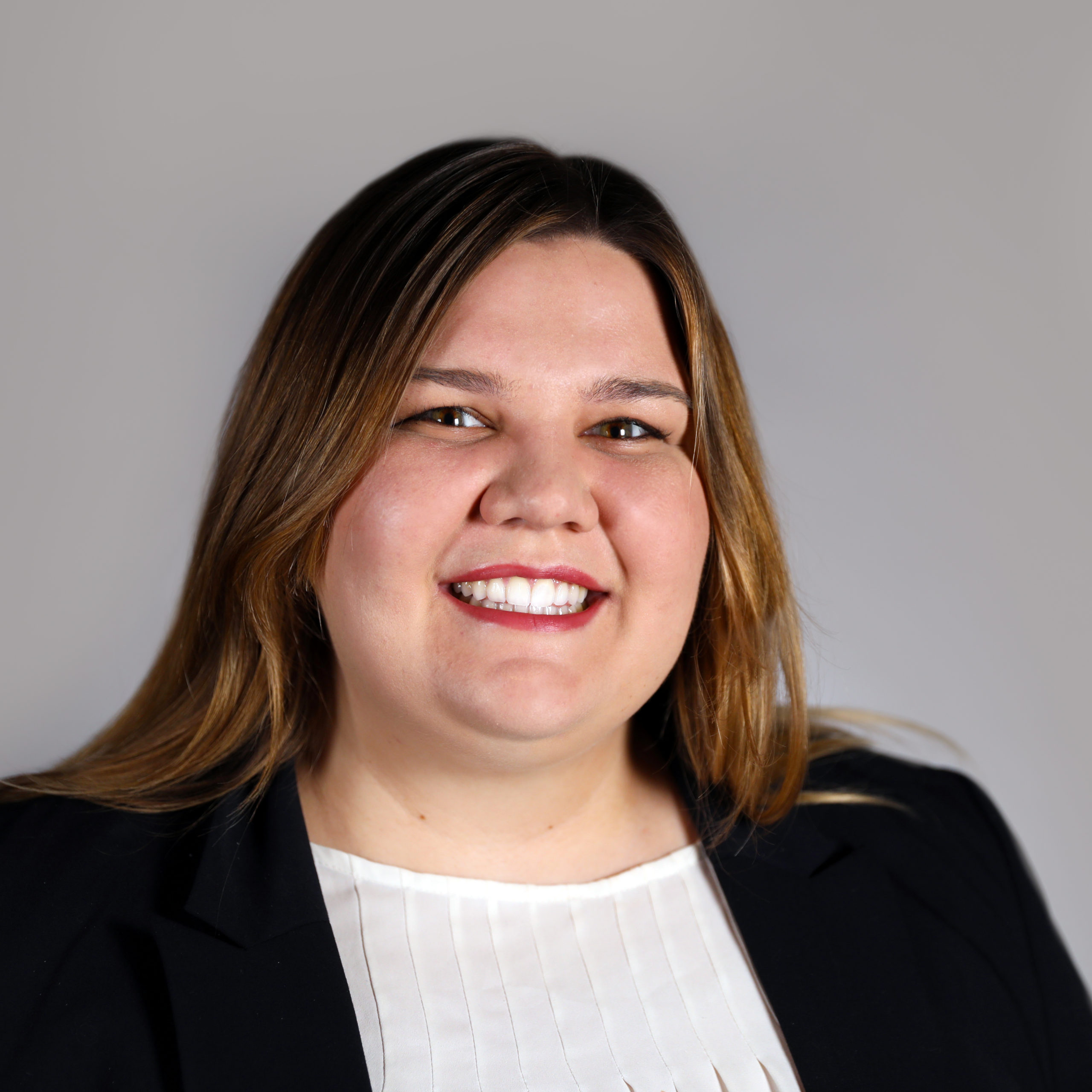BRIEF: School Choice in the States – January 2022
LEGISLATION
Alabama
The Alabama Senate Education Committee approved SB 140, a bill to create a K–12 education savings account (ESA) for all Alabama students. The bill now goes to the full Alabama Senate.
Arizona
As it often does, Arizona’s legislative session began with a flurry of activity, including several bills both to advance and to curtail educational choice. The bills to advance choice include:
- SB 1657: expands eligibility for Arizona’s Empowerment Scholarship Account program to include students from low-income families, and the children of military veterans, first responders, and health care workers. The bill also makes several other technical improvements to the ESA to make it easier for families to access and use. The bill also expands the Lexie’s Law for Disabled and Displaced Students tax-credit scholarship policy by increasing the total available tax credits by $4 million over two years and instituting a automatic escalator after that.
- SB 1707: expands eligibility for Arizona’s Empowerment Scholarship Account program to include students who received a grant under the COVID-19 educational recovery benefit program or the open for learning recovery benefit program.
- SB 1131: expands eligibility for Arizona’s Empowerment Scholarship Account program to include the children of military veterans, first responders, and health care workers.
- HB 2373: expands eligibility for Arizona’s Empowerment Scholarship Account program to include students who had been the victims of bullying or abuse.
Other Arizona legislators filed a slew of bills that would curtail educational choice, including HB 2040, HB 2185 and SB 1294. Among other things, these bills would cut eligibility for educational choice programs, reduce their funding and add unnecessary regulations or restrictions on Arizona’s educational choice policies.
Colorado
In the Colorado Senate, legislators filed SB 22-039, a bill creating the Hope Scholarship Program. The program makes most K–12 students in Colorado eligible to receive a scholarship covering qualifying educational expenses, such as tuition at a nonpublic elementary, middle and high school, online school, tutoring, special education services, etc. The bill is assigned to the Senate Education Committee.
Colorado legislators also filed SB 22-071, a bill which allows students in a nonpublic home-based educational program to receive such education via a learning pod. The legislation is assigned to the Senate Education Committee.
Georgia
A bipartisan coalition of legislators filed HB 999, a bill that would create a new education savings account program for all Georgia students who are switching out of a public school. The Georgia House Education Committee heard testimony on the bill and a vote is expected soon.
Additionally, last year, legislators in Georgia filed HB 60, a bill that would create a new education savings account program for students from low-income families, the children of active-duty members of the military, students with special needs, the victims of bullying or abuse and children adopted through the state’s foster care system. Although the legislature did not act on it last year, this year the Georgia House Education Committee voted 9-7 to approve HB 60. The bill now heads to the Georgia House Appropriations Committee.
Illinois
A bipartisan pair of Illinois legislators filed SB 3618, a bill that would make the Invest in Kids tax-credit scholarship policy permanent, raise the tax credit value from 75 percent to 100 percent of contributions to scholarship organizations, and would make several technical fixes to improve the operation of the program. The bill has not yet received a committee assignment.
Iowa
On Jan. 25, the Iowa Senate Education subcommittee recommended passage of SF 128, a bill to establish Education Savings Grants. This nearly universal education savings account proposal would allow 50 percent of a students per-pupil state and differential aid to be used to pay for private school tuition, tutors, textbooks, curriculum, standardized testing materials and educational therapies.
Kansas
Legislators in Kansas filed HB 2550, a bill that would create an education savings account for children with special needs or who are assigned to district schools with a high percentage of students from low-income families. The House K–12 Education Budget Committee heard testimony on the bill and a vote is expected soon.
Louisiana
Louisiana state legislators introduced HB 33 in the Louisiana House of Representatives, an ESA program. Students with an active-duty military parent, foster care students and students previously denied an inter-district or intra-district transfer request are eligible for this program. The legislation was provisionally referred to the Committee on Education.
Massachusetts
The Massachusetts Senate held a hearing on SB 1864 in December 2021, proposing a tax-credit scholarship program. The program establishes a tax credit equal to 30 percent of the amount of a qualified donation up to $250,000. Low-income students and students in foster care qualify for this scholarship.
Nebraska
Last year, legislators in Nebraska filed LB 364, a bill that would create a tax-credit scholarship policy for children from low-income families. Although it received support for a majority of Nebraska legislators last year and in January of this year, it failed to achieve the supermajority necessary to overcome a filibuster.
Nevertheless, educational choice proponents have not lost hope. Legislators have filed LB 1237, a bill to create a tax-credit scholarship policy for children from low-income families, as well as LB 1251, a bill to create a voucher program for students with special needs.
New Jersey
In the New Jersey State Assembly, state legislators filed A 613, a tax-credit scholarship bill awarding scholarships to low-income students, prioritizing students in schools with a “chronically failing” classification or other targeted school districts. The bill was referred to the Assembly Education Committee.
New York
In New York, a state legislator filed S 5573, a tax-credit scholarship bill for low- and middle-income families. It allows taxpayers with federal adjusted gross income of less than $300,000, making qualified contributions eligible for a 90 percent tax credit. For taxpayers with income exceeding or equal to $300,000, the tax credit on qualified contributions is 75 percent. The tax credit cap is $875,000. The bill was referred to Investigations and Government Operations.
Oklahoma
Oklahoma legislators filed SB 1647, a bill that would create Oklahoma Empowerment Accounts, K–12 education savings accounts for all Oklahoma students. The bill has been assigned to the Senate Education and Appropriations Committees.
Additionally, a legislator filed HB 3756, a bill that would restrict the eligibility for the state’s tax-credit scholarship policy.
Oregon
In Oregon, a legislator filed SJR201, a bill amending the state’s constitution. Essentially, it establishes the right of parents to choose where their child receives an education. In addition, the legislation requires the creation of school choice accounts (education savings accounts) for parents who decide on nonpublic education. Eligibility for admission into the program is not yet evident. The bill was referred to the Senate Committee on Rules.
Pennsylvania
On Jan. 19, SB 527 passed the Senate Education Committee by a vote of 7-4. This piece of legislation, if passed into law, would automatically increase the Educational Improvement Tax Credit (EITC) and Opportunity Scholarship Tax Credit (OSTC) caps by 25 percent each Fiscal Year when at least 90 percent of the respective available tax credits are claimed in the previous fiscal year.
Rhode Island
Rhode Island state legislators introduced H 7175, an education savings account program that seeks to assist parents with student educational expenses such as tutoring, materials, technology, etc. Eligibility for the program is unclear, but seemingly, it suggests that most K–12 students would qualify. The bill was referred to the House Finance Committee.
South Carolina
H 3976 was introduced in South Carolina. If passed it would create an income-based Education Scholarship Account. The program would be limited to children from families with an annual adjusted gross family income of 200% or less of the federal poverty guidelines. It would enable those students access to their share of state dollars to spend on qualifying expenses including tuition at a private school, tutoring, textbooks and courses from participating public schools. If passed, it would be the state’s first education savings account.
H 4772 was introduced and referred to Committee on Ways and Means. If passed it would expand the state’s tax-credit scholarship programs to include PACE Scholarship. The PACE scholarship would be open to children enrolled in South Carolina secondary or primary public schools, or eligible to enroll in a qualified first grade, kindergarten or prekindergarten programs. The PACE scholarship program would limit contributions to $40 million dollars each calendar year.
South Dakota
South Dakota might become the first state to sign educational choice into law in 2022. The South Dakota House and Senate have both passed SB 71, a bill that expands eligibility for the state’s Partners in Education tax-credit scholarship policy (adding students in foster care) and increasing the total available tax credits from $2 million to $3.5 million. The bill will now go to Gov. Kristi Noem for her signature.
South Dakota legislators also filed SB 210, a bill to create education savings accounts for all K–12 students switching out of a public school.
Virginia
Legislators in Virginia filed a series of bills to advance educational choice by creating an education savings account policy and/or expanding the state’s tax-credit scholarship policy, including:
- HB 293: creating a new ESA for students from low-income families.
- HB 294: making students eligible for a the Education Improvement Scholarship if they are the victim of assault, battery, bullying, harassment, hazing, kidnapping, or robbery on school property, on a school bus or at a school-sponsored activity.
- HB 788: raising the tax credit value for donations to scholarship organizations under the Education Improvement Scholarships policy from 65 percent to 75 percent.
- HB 982: creating a new ESA for all Virginia children and expanding the state’s tax-credit scholarship policy by raising the income threshold for eligibility, raising the tax credit value to 100 percent, and eliminating the cap on total tax credits.
- HB 1024: creating a new ESA for students from low- and middle-income families, the children of active-duty military personnel, students with special needs, and students who were the victims of bullying or other violent acts.
- HB 1025: creating a new ESA for all Virginia children who are switching out of a public school or entering kindergarten.
- SB 16: raising the tax credit value for donations to scholarship organizations under the Education Improvement Scholarships policy from 65 percent to 80 percent, making it permanent, and increasing the amount of tax credits from $25 million to $50 million.
- SB 709: making the Education Improvement Scholarships policy permanent.
Washington
Washington state legislators introduced HB 1215, establishing Washington’s first statewide private school choice program. Under the program, the state must allocate 130,000 scholarships of $7,000 each, 25 percent of which must go to eligible students in special populations, such as homeless foster students, students from low-income households and students receiving special education services. The remaining 75 percent “must be geographically distributed to students across the state regardless of race, color, economic status, or sex.” Qualified educational expenses include private school tuition and fees, textbooks, tutoring, etc. This bill was reintroduced and retained in present status.
LITIGATION
Ohio
On Jan. 5, 2022, a lawsuit was filed against Ohio’s popular Educational Choice Scholarship Program by the Ohio Coalition for Equity and Adequacy of School Funding, parents of two sons attending public schools, and the boards of education of the following public school districts:
- Columbus City
- Cleveland Heights-University Heights City
- Richmond Heights Local
- Lima City
- Barberton City.
This case, filed in the Franklin County Court of Common Pleas, alleges that Ohio’s EdChoice scholarships pose “an existential threat to Ohio’s public school system.” They allege that the voucher program and its recent expansion violates the Ohio constitution’s, 1) uniformity clause: requirement for the public school system to be thorough and efficient, 2) because public schools will lose money and 3) because public schools will become more segregated, 4) prohibition against allowing religious sects to have control over school funds of the state, and 5) the Equal Protection provision because allegedly some vouchers will give more funding to students attending private schools than the state gives to students attending public schools. The court has scheduled the rest of 2022 for discovery. No trial is expected until 2023.
Columbus City School District v. State of Ohio, Franklin County Court of Common Pleas, No. 22CV000067
West Virginia
On Jan. 19, a lawsuit was filed against the country’s best, most expansive education savings account program, named Hope Scholarships. This legal action was initiated by attorneys from Los Angeles, New York City, Washington, D.C., and the Education Law Center in New Jersey, who partnered with the Public Funds Public Schools national campaign against school choice (led by the Southern Poverty Law Center (SPLC) and SPLC Action Fund of Alabama, and the Education Law Center) and Hendrickson & Long law firm of West Virginia to represent three public school families seeking to block other parents from accessing Hope Scholarships for their children. The case was filed in the Circuit Court of Kanawha County, West Virginia. Plaintiffs allege five constitutional violations: 1) that the legislature can only fund a system of public schools, 2) that the state has no compelling interest in funding Hope Scholarships and therefore public school funding cannot be reduced, 3) that no public funds may be used to fund education other than public schools, 4) that allowing an ESA oversight board composed of six statewide public officials and three parents usurps power from the state board of education, and 5) that the ESA impermissibly violates the “special law” provision by treating scholarship students and public school students differently. The Court has not yet set a schedule for this case.
Beaver v. Moore, Circuit Court of Kanawha County, West Virginia, Civil Action 22-P-24 Judge Bloom, Civil Action 22-P-25 Judge Webster, Civil Action 22-P-26 Judge Bailey.








